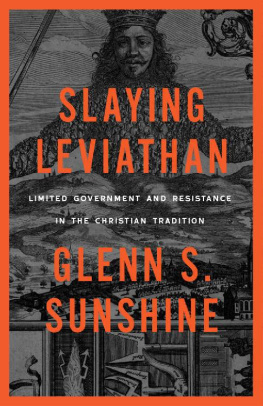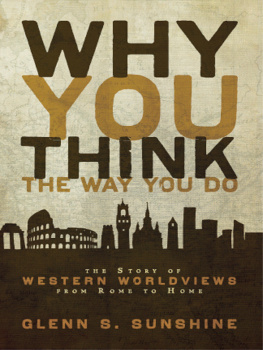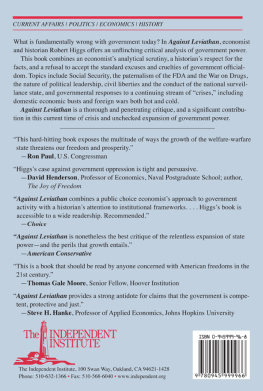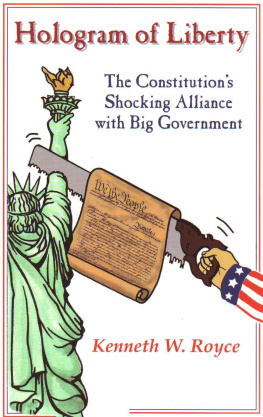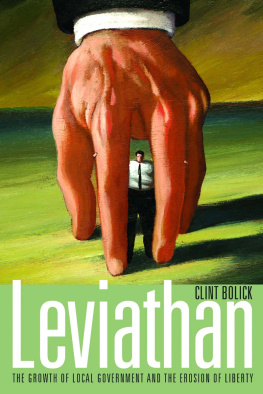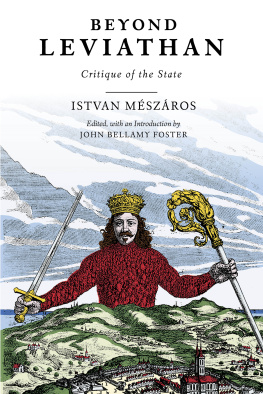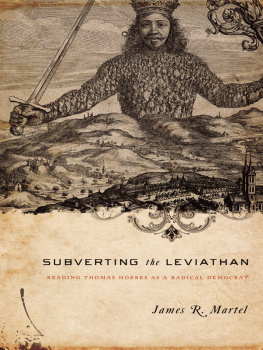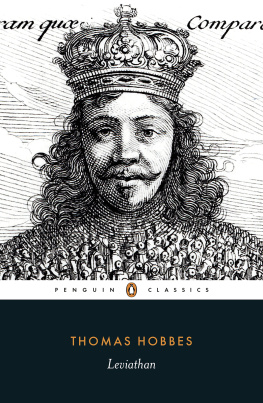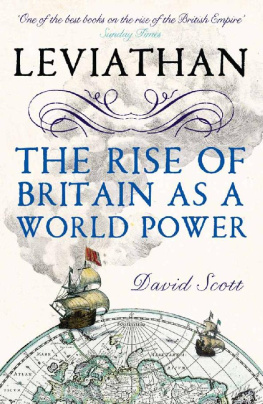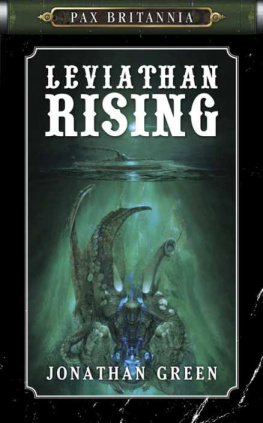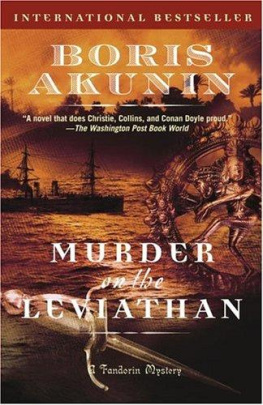
Introduction
The condition upon which God hath given liberty to man is eternal vigilance; which condition if he break, servitude is at once the consequence of his crime and the punishment of his guilt.
John Philpot Curran (17501817)
In 1789, a revolution broke out in France. Rejecting the past, especially Christianity, the revolutionaries built their program on autonomous human reason and Enlightenment ideals, with the result that in the name of liberty, equality, and brotherhood, the leaders of the revolution slaughtered over one hundred thousand of their own people.
What went wrong?
No matter how much the revolutionary government trumpeted its support of liberty, like any good propagandists, they redefined the term. Following Rousseau, they claimed that true freedom was found in submitting to the general will, which of course they alone understood and embodied. And if you did not agree, if you insisted on your own faith or defended your right to property or were found wanting in revolutionary fervor, your existence threatened the promised utopia, and you had to be eliminated.
This is what happens in crisis situations when the government claims the right to control all areas of life. You end up with a totalitarian nightmare, a monster that reaches into everything we do, everything we say, everything we think, that claims authority over everything we own and lets us live only in line with its values and interests.
What you get is Leviathan.
We are able to put a name to this monstrous form of government thanks to Thomas Hobbes. In 1651, he published a book on political theory called Leviathan in which he argued that the king had absolute authority in the kingdom. This meant that, by definition, a king could not violate laws or deprive people of their rights because all authority had been ceded to him by the people.
Although Hobbes had some unique arguments in the book, his basic idea was not new. The spirit of Leviathan had shaped many cultures in the ancient world, most notably the Roman Empire. Caesar is Lord, the de facto creed of the Empire, implied that Caesar had supreme authority over civic life because he was the embodiment of the state. Nothing was beyond Leviathans grasp. This included religion: to pledge allegiance to the state, a Roman burned incense to the statue of the emperor as an act of worship. Even when there was a dispute within temples and priesthoods, the emperor intervened as mediator to resolve it.
This was not the world as God created it to be governed. In Eden, Adam and Eve were free to enjoy the beauty of the Garden, to develop its resources under Gods authority, to act with creativity and liberty, and to enjoy the fruits of their labors. Sin ruined all of this, and from the time of Babel through the present, governments have sought unlimited power over the bodies, minds, and hearts of their subjects.
Jesus was born into such a world. In the first century and afterward, the Christian confession Jesus is Lord (e.g., Rom. 10:9) was a direct challenge to Caesars authority. As worshippers of one God, Christians could not participate in burning incense to the emperor or treating him in any sense as divine. The result was centuries of sporadic persecution for the church. But something remarkable happened: even though Christians were an unpopular, persecuted minority, Christianity continued to spread such that in AD 313, the Roman Emperor Constantine issued the Edict of Milan, declaring religious liberty in the Empire and thus decriminalizing Christianity.
The church had existed for three hundred years without state supportsurviving and thriving even with the murderous opposition of the Caesars. In the end, this dealt Leviathan a mortal wound, demonstrating that the church was separate from and independent of the state. A kings reach was limited, extending only to the things that were Caesars, not to the church or to the things that were Gods.
But what, precisely, does belong to Caesar?
To answer this question, Christian thinkers throughout the millennia have focused on a wide range of issues, most of which were intended to address specific legal, political, or religious questions current at the particular time each was writing. Slaying Leviathan surveys some of the key elements of Christian political thought, specifically those that were ultimately synthesized into a coherent political philosophy by John Locke, who was himself arguing against the spirit of Leviathan in his day. Locke is rightly viewed as an Enlightenment thinker, but the central elements of his political philosophy were adapted from the Christian tradition. And Locke of course influenced the American Founders, who represent the culmination of the Christian political philosophy surveyed in this book.
The American Founders intended to put an end to Leviathan by adopting a system based on principles of unalienable rights and limited government. But unfortunately, like the Beast rising from the sea in the Apocalypse, Leviathans mortal wound has healed (Rev. 13:3). Through the decisions of the philosopher-kings of the U.S. Supreme Court, the abdication of legislative responsibilities by Congress to the Executive Branch, and the expansion of the regulatory state, the reach of government has never been larger in American history than it is now. Leviathans tentacles have wriggled their way into all areas of life, even regulating the conditions under which churches can meet and what they can do in worship.
The government we have now would have been unrecognizable to the Founders, and our acquiescence to its systematic encroachments on liberty would have infuriated them. But here is the point: it would not surprise them. They were well acquainted with the tendency of governments to turn tyrannical. A popular quote in the nineteenth century frequently attributed to Jefferson says, Eternal vigilance is the price we pay for liberty. If we are to maintain our liberty, we must constantly be on guard against the rise of Leviathan. We must play Whac-A-Mole with it whenever it rears its head.
Our cultural complacency in this area has allowed Leviathan to be reborn, leading to the politicization of every area of society as everything becomes subject to the regulatory state.
As a church historian, I decided I needed to address this problem because of the actions of an administration that worked to undermine religious liberty, and with it a host of other liberties. I began studying the development of Christian political theology, and I discovered there the sources of our ideas about limited government, unalienable rights, liberty, and resistance to tyranny as well as resources to help us think through how we are to respond to todays challenges. Examining the long Christian tradition of resisting the totalizing tendencies of government proves to be very relevant to us in view of the deterioration of our liberty. Revisiting our Christian tradition is also the first step we must take as we consider what to do about Leviathan rising.

